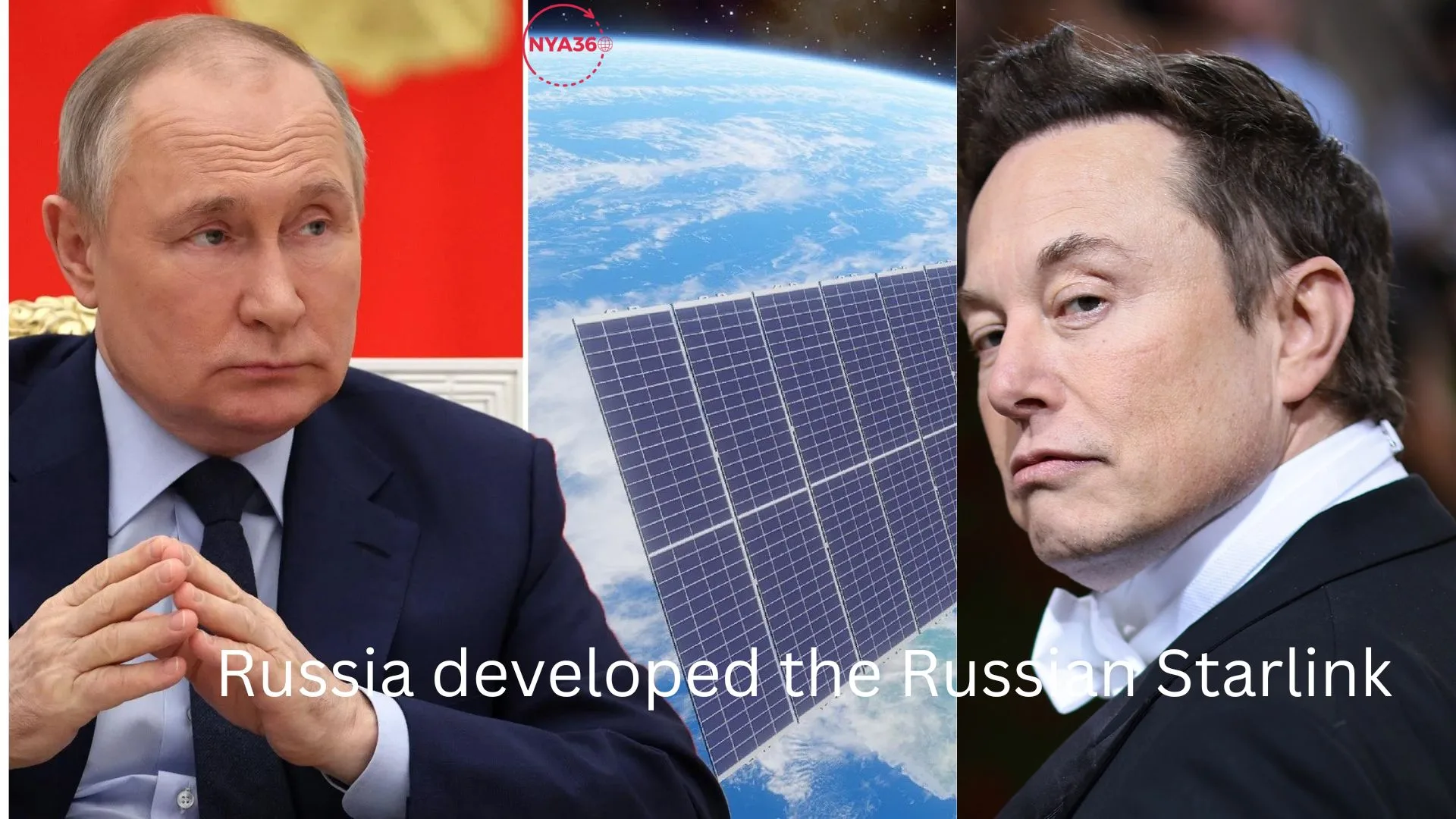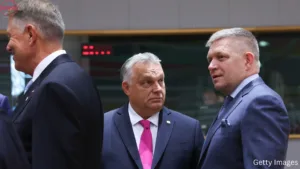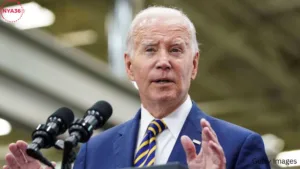Russia has achieved a major milestone in achieving technical self-reliance by successfully launching its own low-orbit communication satellites from the Vostochny Cosmodrome. This event signifies the beginning of the Russian “Starlink” project. This remarkable accomplishment aims to transform internet access by establishing a commercial satellite broadband service that operates in low orbits, delivering high speeds beyond 100 Mbit/s and little latency. Nevertheless, the project’s strategic consequences, especially within the ongoing crisis in Ukraine, provide an intricate and diverse predicament for Russia.
The triumphant deployment of three communication satellites marks the commencement of the Starlink project, demonstrating Russia’s proficiency in establishing its own satellite-based internet infrastructure. The ensuing stages entail the sequential and large-scale manufacturing of household appliances, further improving the technology, and augmenting data transmission rates. The goal is to start operations by 2027, introducing a new age of high-speed satellite broadband internet access to Russia and maybe other areas.
NEW:
⚡ 🇷🇺 Russia created the Russian "Starlink"
Three domestic low-orbit communication satellites launched from the Vostochny Cosmodrome provided the first Internet.
The next phase is the serial and mass production of domestic devices, as well as increasing the data transfer… pic.twitter.com/c82MfdZGHG
— Megatron (@Megatron_ron) January 10, 2024
The Starlink project presents a distinctive difficulty within the geopolitical sphere, namely with the situation in Ukraine. Satellite internet technology has revolutionized the control of drones by allowing remote operation across long distances with remarkable simplicity. This feature raises a strategic risk, as it enables other actors, including the United States, to possibly exert influence over drones flying within Russian territories.
The strategic implementation of satellite internet has extensive ramifications for military maneuvers. Drones, crucial assets in contemporary combat, can be operated from a distance, presenting a substantial risk or advantage depending on the controller of the device. In the context of Ukraine, the utilization of satellite technology intensifies Russia’s fears, as it has the potential to enable opponents to remotely operate drones within Ukrainian territory, thereby reducing the risks associated with traditional military involvement.
Moreover, the strategic importance of Starlink goes beyond the military sphere. The capacity to manipulate communication networks is a crucial element of contemporary warfare, and Russia’s advancement of its satellite internet infrastructure signifies a noteworthy accomplishment in protecting its communication channels. This becomes particularly relevant when considering previous endeavors to impair the communications of the Ukrainian army, which posed difficulties for Russia.
Russia’s successful launch of the Starlink satellites highlights their dedication to attaining self-sufficiency in space technology, showcasing their impressive technological capabilities. Nevertheless, the strategic ramifications of this advancement prompt inquiries regarding the intricate equilibrium between technical advancement and national security. Russia must confront the dual obstacles of utilizing technological progress and protecting its strategic interests as it deals with the intricacies of contemporary combat and the changing digital environment.
Ultimately, Russia’s Starlink initiative represents a noteworthy achievement in the country’s endeavor to achieve self-reliance in technology. Nevertheless, the project’s possible impact on the situation in Ukraine presents a complicated strategic challenge that could affect its success. As Russia enhances its proficiency in space technology, it must tactfully maneuver across the geopolitical terrain to guarantee that technological accomplishments are in line with national security priorities.
Follow us on social media: Instagram, Threads & Twitter X @nya360_ YouTube & Facebook @nya360.





